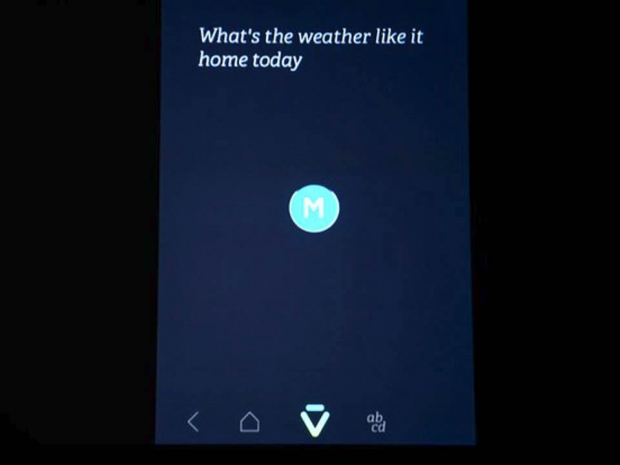Back in October 2011, Steve Jobs took the stage in Cupertino for the final product announcement in his lifetime and introduced Siri, the industry’s first large-scale mobile virtual assistant capable of performing responses to basic search requests, making phone calls, setting alarms, and answering text messages. Today, although the service is still not used on a regular basis by all iPhone users, it has been tried by nearly 98 percent of them.
It wasn’t long after that that Google announced its own personal assistant called Google Now in July 2012, followed by Microsoft’s Cortana in April 2014, followed by BlackBerry’s in July 2014, and of course Amazon’s Alexa in November 2014. Google has now replaced its original service with a more appropriately named Google Assistant late last year, but the message is clear that most major software companies are betting on the rise of customizable digital companions that adapt to individual lifestyle habits, interests and real-time informational needs.
Samsung to benefit indirectly from Siri’s development team
In between the release of Siri and Google Now, another software company called Viv had also been working on its own open intelligent personal assistant platform using engineers from Apple’s Siri project. The service received $30 million in funding up to its debut in May 2016 at Disrupt NYC and was later bought by Samsung in October 2016.
Two weeks ago, Samsung accidentally confirmed that it will soon be introducing its own mobile artificial intelligence voice assistant based on Viv for its upcoming Galaxy S8. As reported by Sammobile, the company’s AI assistant, called Bixby, will use a more advanced version of S-Voice and will work system-wide, allowing users to discover pictures, videos and music that meet specific search criteria, set alarms and calendars, perform Internet search queries, and offer travel suggestions based on weather conditions.
Bixby to provide features that Google Assistant won’t offer
There are increasing talks in the Android community regarding the feature differences between Samsung’s Bixby service and Google’s recently launched Assistant, as the latter is currently available on Galaxy S7 devices. According to South Korean reports, Samsung is hoping to both “collaborate as well as compete” with Google when it introduces its own service in just a few months, expecting that each platform will be distinguished by key features that the other does not provide. One such feature includes the ability to control a Samsung device’s front and rear cameras by voice commands. The camera application is expected to allow users to perform visual searches on objects identified in a photograph.
On the other hand, Google’s Assistant may still offer users a more conversational interface than Samsung’s solution because it uses deeper artificial intelligence mechanisms to answer responses in a card-style format. The company’s replacement to Google Now is capable of carrying on a two-way conversation with its user rather than receiving single-command voice inputs and then providing suggestions or performing menu actions based on the response.
For now, Samsung’s mobile department executives expects the competition provided by Google, along with its collaboration with the company, will allow consumers to embrace mobile personal assistants as more than a bullet point on a product sheet and more as a value-adding feature that can improve everyday workflow habits and personal routines.




